How Long Does ACL Rehab Take?
ACL rehab is not an easy process. When we start working with new patients who come to us for ACL rehab, this is one of the first things we make sure they understand. ACL rehab is long and challenging. It requires a lot of patience, hard work and focus. Naturally, one of the first questions patients have is “How long does ACL rehab take?” Keep reading to find out.
ACL Rehab Timeline
Let’s get this out of the way early.
Successful ACL rehab takes about 12 months.
Yep, a year.
When you have an ACL reconstruction, your body goes through a lot. It takes a while to regain even basic things like range of motion, proper walking and stair climbing. When the discussion shifts to return to running and sports, there are extensive testing protocols and training programs to consider.
We make sure our patients understand up front that ACL rehab takes about a year.
Who Decides How Long ACL Rehab Takes
When deciding on a timeline for ACL rehab, a few people are involved.
At the very least, ACL rehab decisions are made by a collaborative effort between:
Surgeon
Physical Therapist
Patient
Parents/Guardians (if applicable)
If able, we also like to involve:
Sport coaches
Nutritionist/Dietician
Sport Psychologist
If any of the above practitioners or coaches recommend an ACL rehab protocol that lasts shorter than AT LEAST 9 months, you should be very wary. Seek out additional opinions in cases like these.
What Does The Research Say About How Long ACL Rehab Takes?
Why are we so adamant about a minimum of 9-12 months for ACL rehab?
Research and tons of experience show that 9 months is a minimum timeline for ACL rehab because it allows the following to recover:
Strength
Neuromuscular control
Tissue healing/graft maturity
Athlete confidence/mental readiness
Sometimes we even recommend longer than 12 months before an athlete returns to sport. For ACL rehab, 9-12 months is a “necessary but not sufficient” situation.
This means that time is a non-negotiable component of successful rehab. We can’t change that. But there are a ton of other variables we work on (for example, check out another one of our blogs below).
5 Things Your ACL Rehab Needs To Include
Here’s how one review article from 2021 put it:
“In light of recent studies, it appears delaying RTS (return to sport) to align with graft integration and maturation decreases reinjury risk. Therefore, RTS is not recommended until 9-12 months after surgery, once all physical impairments and performance deficits have been normalized.”
Why We Don’t Want Athletes Returning to Sport Early (even if they feel ready)
In ACL rehab, our role as Physical Therapists is often simply to educate patients about the reasons behind the decisions of the medical team.
Here’s more information from that same article above:
“The Delaware-Oslo ACL cohort study revealed a 51% reduction in reinjury rate for each month RTS was delayed up to 9 months.”
It is our job to help maximize their recovery after ACL surgery and minimize their chances of reinjury. Delaying return to sport is an important part of this.
Another study of more than 1200 athletes under age 20 after ACL reconstruction showed that about 1 in 5 will sustain another ACL injury in one of their knees when returning to high risk sports (those involving jumping, landing, cutting, etc.).
A great rehab program is your best weapon against potential ACL reinjury. That’s why we take it so seriously.
ACL Rehab Programs in Lakeville, MA
We specialize in helping athletes get back to sports after ACL injury.
Whether you are in the prehab phase, return to sport phase or anywhere in between, we are here to help.
Check out our ACL rehab services page.
References:
Barber-Westin BS. One in 5 athletes sustain reinjury upon return to high-risk sports after ACL reconstruction: a systematic review in 1239 athletes younger than 20 years. Sports Heath. 2020
Brinlee AW. ACL reconstruction rehabilitation: clinical data, biologic healing, and criterion-based milestones to inform a return to sport guideline. Sports Health. 2021
